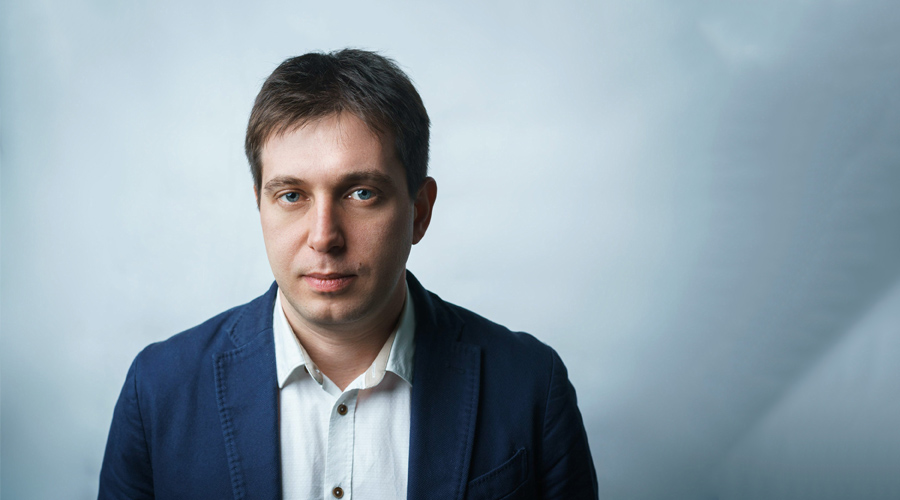
UNIT.City is an ambitious project, concentrating technological talent and innovation in one large former industrial site in Kiev. But it wants to reach out through partnerships in other parts of Ukraine and beyond in the European Union to create a unique ecosystem for R&D and IT. Here, CEO Max Yakover describes his vision and what he is looking for in terms of partnership and investment
What is UNIT.City today and what is the overall vision for the project?
UNIT.City is Ukraine’s leading innovation park. It was launched in 2017 on the site of a former motorcycle plant in Kiev with the functions of promoting R&D, start-ups, new technology and boosting an innovation eco-system in the whole country. UNIT.City has two parts: one is infrastructural – 27 hectares in which people can study, create, live and relax all in one place, the second is the ecosystem for startups, which currently has 100 resident companies, but which will reach 200 in six months. We believe that by concentrating talent, technology and investment, we can create something new. Everyone inside will grow faster than outside thanks to our accelerator programs. For now there are 100 companies here, four labs, R&D centers for big corporations in development and eight accelerator programs.
What kind of partners do you seek to work with, and what can you tell them about the advantages of Ukraine as a destination?
We usually work with international corporations looking for new technologies, startups in the region, or just talent to be able to set up an R&D center. We then have our local partners who can set them up with a team. There are 130,000 very talented engineers in Ukraine. The tech sector has been growing at an average of 20 to 25 percent in terms of capital and people working for the last three or four years. If you compare prices here with Silicon Valley, it is four times cheaper to hire a good engineer. Then if you compare with a place like India, the difference could be that Ukrainians have a mindset that is totally tuned in to European values, which is very important for daily communication. The fact that Ukraine has really good engineers explains that fact that 100 or more Fortune 500 companies are clients of Ukrainian IT firms.
How do UNIT.City and Ukraine plug into the future of the tech sector?
Looking ahead, I think that countries are an outdated concept; I believe in cities. In 30 years, almost 70 percent of the world’s population will live in cities. When you come to UNIT.City today, there is no way you could immediately realize where you are; you could be in Berlin or wherever. This is digitalization – we might have the same partners as in Berlin and are fully integrated in global technology. We have visited Silicon Valley and Stanford University, as well as going to China and South Korea to look at ecosystems there. We are trying to create a new model of the future city in the new Ukraine.
How do UNIT.City and Ukraine plug into the future of the tech sector?
Looking ahead, I think that countries are an outdated concept; I believe in cities. In 30 years, almost 70 percent of the world’s population will live in cities. When you come to UNIT.City today, there is no way you could immediately realize where you are; you could be in Berlin or wherever. This is digitalization – we might have the same partners as in Berlin and are fully integrated in global technology. We have visited Silicon Valley and Stanford University, as well as going to China and South Korea to look at ecosystems there. We are trying to create a new model of the future city in the new Ukraine.
What are your needs in terms of investment and what returns could an outside investor from Germany, for example, expect to make?
The first stage that we have completed was funded by a private Ukrainian investor, and now we are looking for a strategic partner to scale up the operation, as well as being open to mentorship and all forms of partnership. We are talking to five other cities in Ukraine where we could also create such a project, besides looking to build more projects in the EU. We are open to and interested in international investors. The sector here is growing; the IT Ukraine industry association says that exports will reach $8.4 billion by 2025. Our main business model at present is the renting of business space, and we are expecting the arrival of digital divisions and R&D labs relating to big corporations. The infrastructure investment we are looking to make would be around $300 million, and I believe that an investor could break even in eight to 10 years.